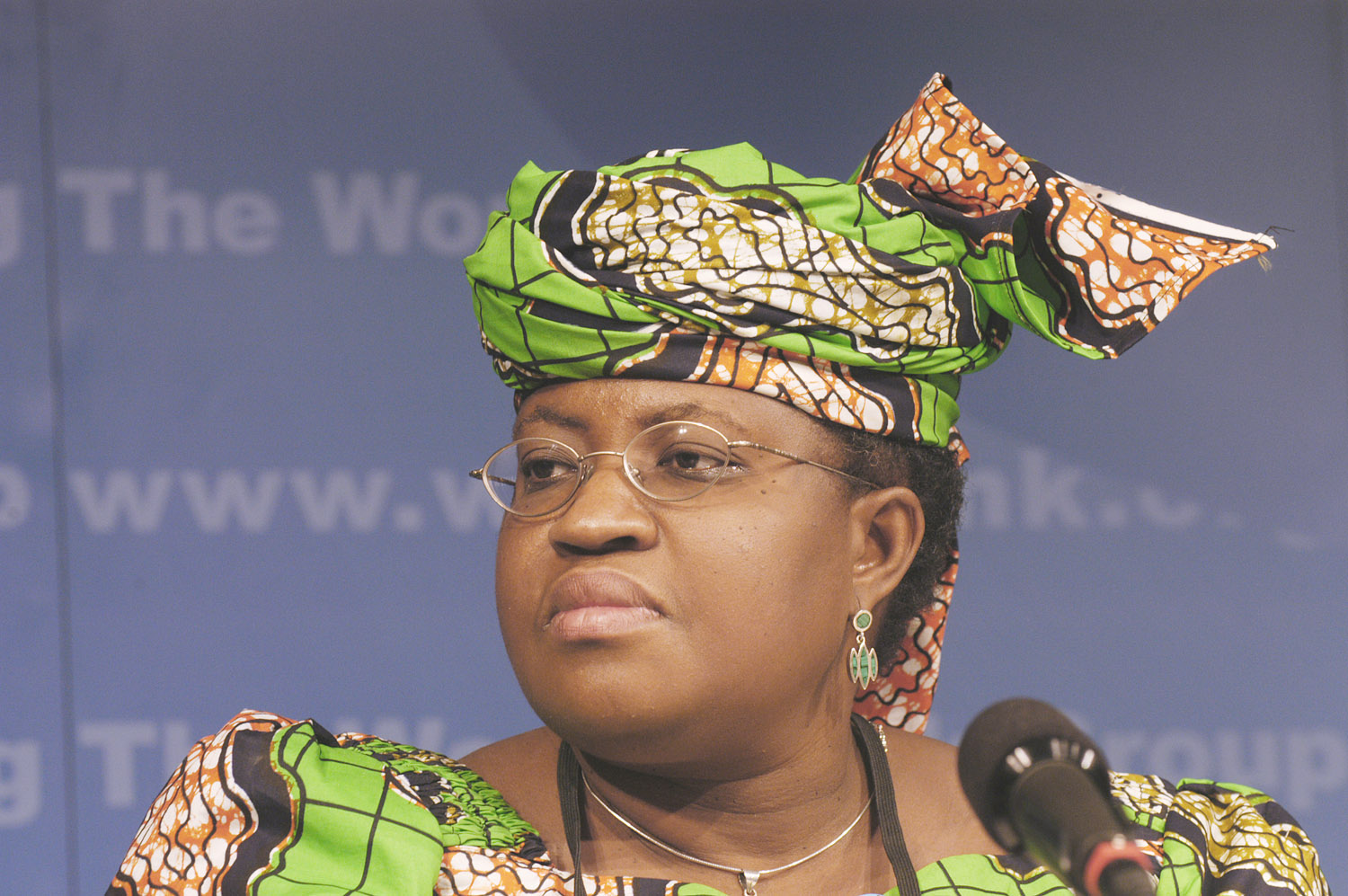As Nigeria adjusts to falling crude prices, growth could slow by about a percentage point next year, the Coordinating Minister for the Economy and Minister of Finance, Dr. Ngozi Okonjo-Iweala, has said.
Africa’s most populous nation is cutting spending on government travel and equipment, and raising taxes on yachts and private planes as oil prices hit five-year lows.
The tightening will shrink growth to around 5.3 per cent, delaying some infrastructure, and will force the country to tax a booming informal economy that has long escaped oversight, said Okonjo-Iweala.
“Undoubtedly, it is going to be tough times. We are beginning to feel the impact,” the minister told the Wall Street Journal (WSJ).
Tumbling oil prices have put crude producers from Iran to Venezuela on the back foot. Few of those countries are watching oil revenue dwindle at such an inopportune moment as Nigeria.
The country’s spending needs are soaring as oil prices move in the opposite direction.
A costly and tense election next February is likely to pit a majority-Muslim north against the predominantly Christian southern regions.
During the last election in 2011, at least 800 people were left dead in riots fuelled by religious tension.
On a brighter note, Nigeria’s middle class is steadily growing and its major cities are expanding fast.
However, such growth burdens potholed roads, congested ports and rusted power lines in need of repair.
Then there is Boko Haram, an Islamist militancy boasting tanks and rocket launchers who control a Belgium-sized swath of northeastern Nigeria.
A recently-purchased set of helicopter gunships and surveillance planes are helping Nigeria recapture some of that area, Okonjo-Iweala said.
“They are being pushed out day by day.”
Nigeria’s problems are starting to add up, Okonjo-Iweala added. If not for Boko Haram and dropping oil prices, Nigeria would be registering 6.8 per cent growth, she said.
That is about what the country averaged each year for the past decade. And yet, even during boom years, Nigeria struggled to tax the new businesses flourishing in its informal market.
Oil still accounts for 70 per cent of government revenue, but relatively little of it has been put aside.
An oil savings fund that sat at more than $20 billion in 2008, just before oil first crossed $100 per barrel, has now fallen to only $4 billion.
“On the savings side, yes, we could have done better,” said Okonjo-Iweala. “Thank god we had the four billion.”
To prioritise, the finance minister is looking to focus spending on security and infrastructure projects.
Okonjo- Iweala said she’s hoping to limit cuts to health and education spending.
In coming years, it will likely raise its valued-added-tax, she said.
A fifth of the country’s budget is spent on the military, and that is unlikely to change, Okonjo-Iweala said.
“Do we have a choice? Should we say “no, let us allow the insurgents to take over?”







